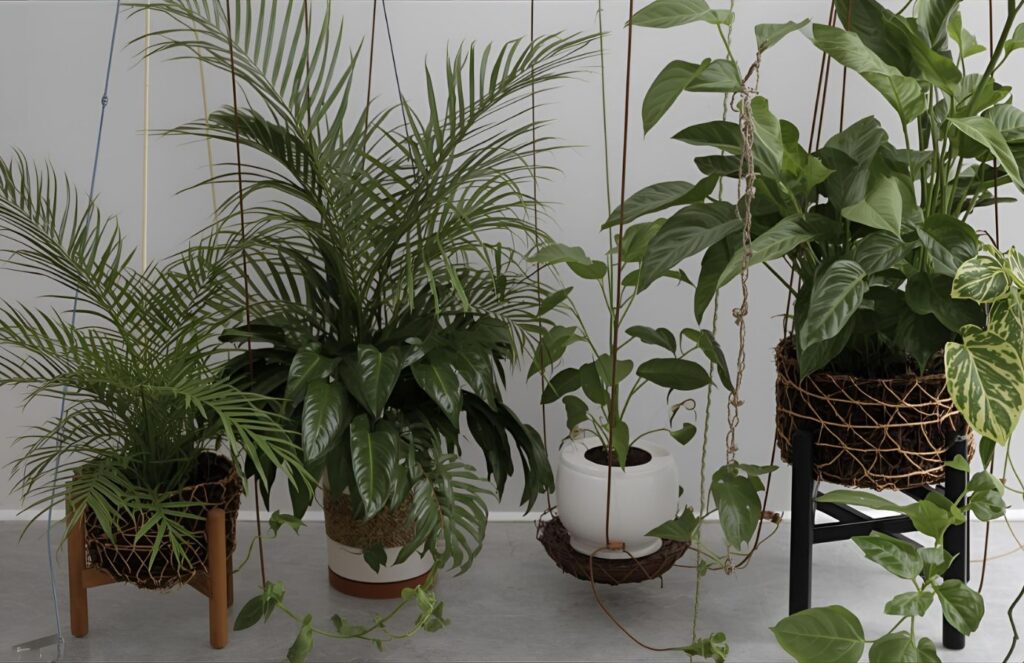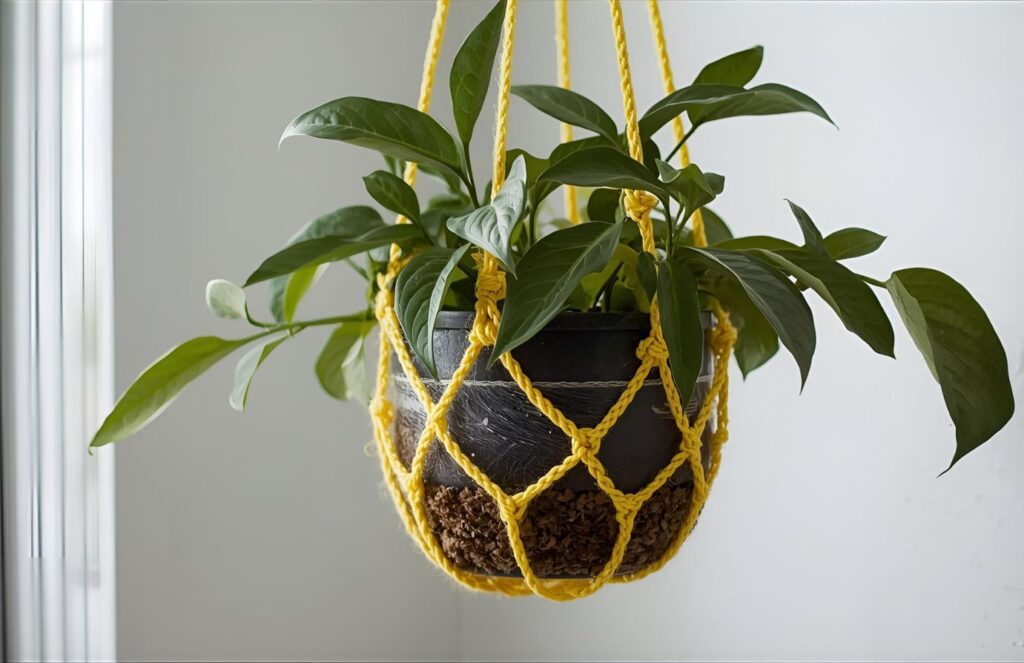If you’ve been searching for a plant that blends elegance, sustainability, and modern appeal, the Lemon Twisted Netted might be exactly what you need. This stunning ficus variety stands out for its bright green leaves and beautifully textured foliage, making it a captivating addition to any contemporary houseplant collection. Whether you keep it in your living room or on your balcony, its graceful form and unique structure bring a calm, refreshing energy to your space.
Caring for this plant doesn’t demand much — it simply thrives with regular water, proper drainage, and exposure to indirect light. With the right pot and consistent attention, its lush growth pattern and natural twist resemble a gentle braid, symbolizing balance and tranquility in modern indoor design.
In this guide, you’ll discover how to grow, care for, and style your Lemon Twisted Netted for maximum impact — from choosing the ideal location to maintaining healthy foliage. You’ll also learn sustainable techniques to enhance its beauty and longevity, ensuring your space stays effortlessly serene and green.
Lemon Twist and Ficus Ideas for Modern Plant Collections

In today’s world of houseplants, your space can reflect both style and sustainability through thoughtful choices. If you’re building or upgrading your plant collections, few combinations are as timeless and extremely eye catching as the Lemon Twist and Ficus varieties. These plants not only add visual charm but also enhance your home decor with their elegant textures and natural energy.
The Allure of the Lemon Twist
The Lemon Twist, often called twisted netted, is admired for its graceful curves and rich green tones. This variegated plant stands out in any home garden because of its playful spirals and the glossy dark green leaves that reflect light beautifully. The leaves of this plant form a lively contrast, making it an extremely eye catching choice among low-maintenance plants. What makes it even more special is that netted is a true survivor — it thrives with little care, tolerating variable light and indoor conditions. Beyond aesthetics, this plant also cleans the air, acting as an excellent air purifier for your living spaces.
Ficus for Timeless Elegance
The Ficus family brings balance and depth to your interior jungle. From the classic Fiddle Leaf to the rubber-like varieties, these plants can variegate beautifully, offering lush tones that complement tropical favorites like monstera or snake plant. A well-placed Ficus adds structure and sophistication indoors, creating a sense of calm and natural order.
A Perfect Blend for Sustainable Living
When paired together, the twisted netted is a true design statement. The sculptural Lemon Twist harmonizes perfectly with the clean, bold silhouette of Ficus, creating a composition that is both contemporary and sustainable. This duo not only enhances your home decor but also supports better indoor air quality — proving that beauty and functionality can flourish side by side in the world of houseplants.
Essential Plant Care Tips for Lemon Twisted Netted and Monstera

- Both Lemon Twisted Netted and Monstera are easy to care for, making them ideal for beginners and experienced gardeners alike.
- Place them where they receive enough light, such as near window sills or a bright corner of your home, but avoid harsh direct sunlight.
- The Lemon Twisted Netted requires very little care, needing only moderate watering and occasional trimming to maintain its shape.
- Monstera thrives in slightly humid conditions and enjoys space for its lush green foliage to expand gracefully.
- These low maintenance plants are naturally air-purifying, improving indoor air quality and creating great air circulation in your home.
- Their unique textures and growth patterns make them a thing of beauty, enhancing both your decor and well-being.
- You can propagate both plants easily to grow new ones or share them with friends and fellow plant lovers.
Conclusion
The Lemon Twisted Netted and Monstera together represent the perfect balance of beauty and resilience in modern indoor plant design. With their yellow-green tones and leaves that grow gracefully in every direction, they bring life and serenity into your living space.
The Lemon Twisted Netted thrives in low light yet remains radiant, while the Monstera flourishes under plenty of sunlight, displaying its vibrant green charm. Together, they create an atmosphere filled with refreshing greenery and hints of bright yellow, transforming any corner into a natural masterpiece.
If you’re ready to elevate your indoor space with sustainable elegance, start curating your own collection today. Bring home the Lemon Twisted Netted and Monstera — and let nature’s art redefine your surroundings with calm, color, and vitality.
